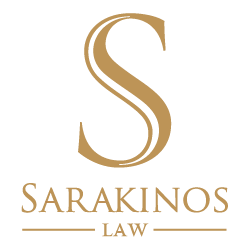Regulatory compliance is a constantly evolving field, entirely dependent on the current political, economic and social developments. It could not, therefore, remain unaffected by the rapid, latest, technological advancements. Among the technological tools adopted by businesses and governmental bodies for their operational needs, artificial intelligence (AI) poses, perhaps, the greatest risk for the near -and not only- future regarding business as well as governmental bodies compliance with national and EU regulations. In the E.U., the recently adopted regulation (Artificial Intelligence Act 2024), seeks, for the first time, to establish a unified legal framework that balances the development, market deployment, implementation and use of AI systems, within the E.U., with the protection of human, civil and environmental fundamental rights. From the conditional use of AI systems, the requirements for risk assessment and minimalization, to the maintenance of records for compliance with legal requirements (e.g., intellectual property), AI presents a modern, multi-faceted and multi-layered challenge that regulatory compliance, as an internal process, must address with appropriate tools and updated knowledge.
This article was written by Mr. Ioannis Sarakinos, owner and managing partner of our law firm. It has been published in legal magazine «The Lawyer» operated by Boussias publishing at issue no. 33 dated July – August 2024.


